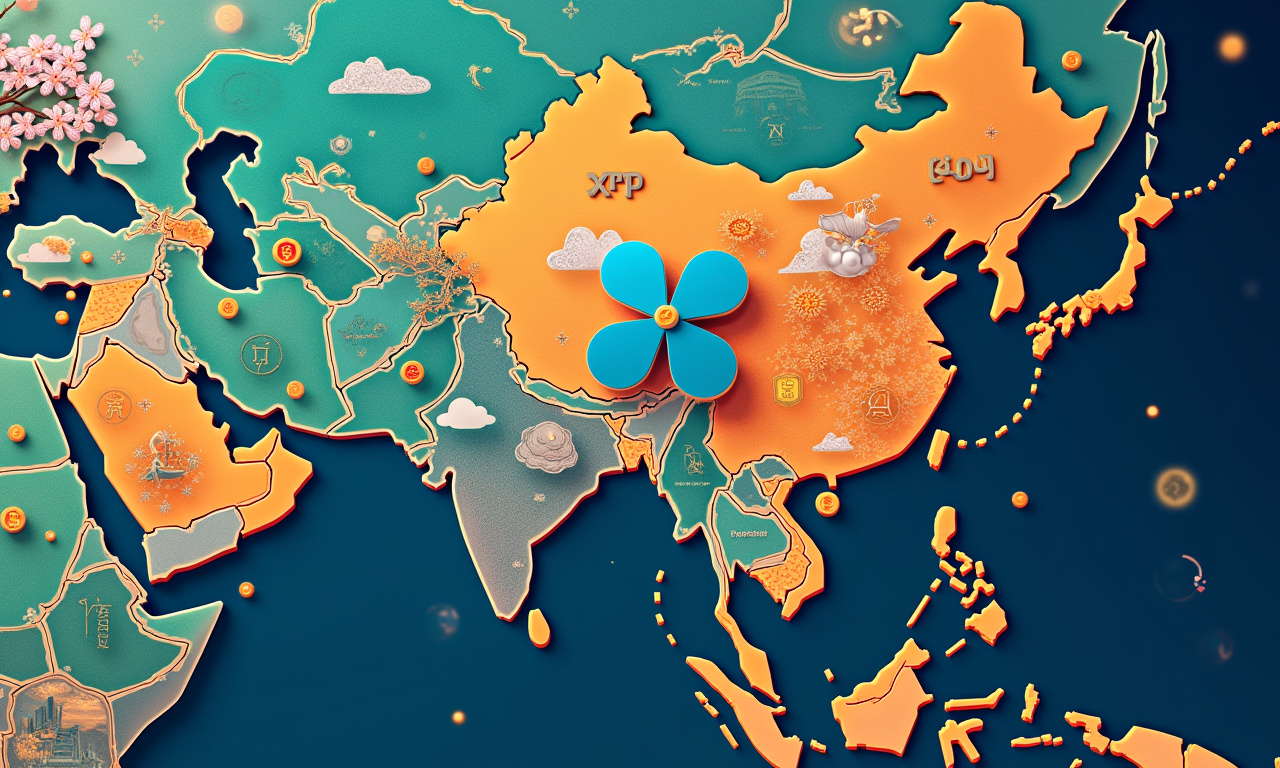
Asia's Fintech Future? Why US Funding Signals a Looming Shift

Josefa dela Cruz
The headlines are buzzing: Fintech is back! Billions are flowing, deal sizes are up, and crypto is (so we’re told) cool again. Before we start popping the corks, let’s look at this in broader context outside of Silicon Valley. We need to unpack what this US funding rush really means for the Asian fintech ecosystem, and particularly in countries like the Philippines.
The news tells a story of US fintech companies raking in massive funding rounds: Ethic ($64M), Luna Technologies ($63M), Tapcheck ($225M), Raise ($63M), Candid Health ($52.5M). Great for them. What does it mean when all the attention (and the money) is directed to the West?
Talent Wars Heating Up, Globally?
Think about it. These newly flush US fintechs aren’t going to sit on that cash. They're going to hire. Aggressively. Needless to say, who will check them from wooing world-class talent away from Asian competitors? They’re able to provide salaries and benefits that local startups simply cannot afford to match! We've seen it before. Regardless of the reason, the pull of working for a “hot” US startup, even from afar, can be incredible. This brain drain — incremental though it may be — could significantly hinder the development of Asia’s own rapidly growing fintech ecosystem.
Take for example the experience of one Filipino software engineer I chatted with last week, let’s call him Ben. It’s really encouraging to see fintech booming, but if I’m honest, I’m receiving daily LinkedIn messages from US recruiters right now. The offers are appealing, but I don’t just want to plant my flag there—I want to create something here, something that benefits my community. That’s the tension. That’s the challenge.
Are US Solutions Right for Asia?
Here’s where things get really wild, and quite frankly, a bit alarming. Many US-developed fintech solutions are built for a specific market: one with established credit systems, high smartphone penetration, and a generally banked population. Does that ring a bell with the Philippines, or Indonesia, or Vietnam? Not exactly.
Consider the Philippines, which has one of the highest unbanked populations in the world. Many are un- or under-banked, relying on cash transactions and informal lending networks. Can a shiny, encumbered, AI-powered lending platform out of San Francisco really serve the needs of a smallholder farmer in rural Luzon? That same farmer needs a microloan to buy fertilizer. Probably not.
This isn't about knocking US innovation. It’s as simple as understanding that one size fits all solutions just never work, especially in fintech. We require solutions that are tailored to the peculiarities and realities of the Asian market. So let’s design them with the people that know those realities. That’s where homegrown Asian fintech startups have a critical edge.
What do we do when the public investment dollars are in large part all flowing to US companies, and leaving Asian startups to fight over the leftover scraps. Otherwise we risk a future fintech landscape that’s leaving most people behind. Failure to do so will put us in the position of coming up with perfectly designed solutions—just not for most people. That’s more than a cost of doing business— it’s deepening the impact of systemic inequalities in our communities.
Forgotten Voices, Forgotten Needs?
Josefa Reyes, who hails from the Philippines, is a young entrepreneur with a brilliant idea. She’s building a new micro-lending platform that uses alternative credit scoring techniques to extend opportunities for capital to unbanked Filipinos. She’s scrappy, she’s passionate, she’s fierce and deeply connected to her community. She’s going up for funding against US companies that feel completely confident with valuations in the hundreds of millions. So, guess who the VCs are now going to place their bets on.
The surge in US funding, while a positive sign for the global fintech sector, raises a crucial question: Are we inadvertently silencing the voices of Asian fintech founders, the people who are best positioned to understand and address the unique challenges and opportunities of their own markets?
This isn't a zero-sum game. Despite perception of aggressive competition, there’s space for both US and Asian fintech companies to succeed. We need to be mindful of the potential ripple effects of this funding surge and take steps to ensure that Asian innovation isn't overshadowed.
My guess is that Asian governments & VCs will have to get a lot more serious and focused. We can expect to see more investments in local fintech ecosystems—potentially via government-sponsored grants, tax-incentive programs or localized venture capital funds. We may see more strategic joint ventures between Asian and US firms. In these partnerships, US technology will be modified and customized for the Asian market.
At the end of the day, the trajectory of future Asian fintech is still in our hands. We need to actively support local startups, advocate for policies that foster a level playing field, and recognize the immense potential of Asian innovation to transform lives. Don't just follow the headlines. Get your head out of Silicon Valley and take a look at all the amazing things going on right here in Asia.

